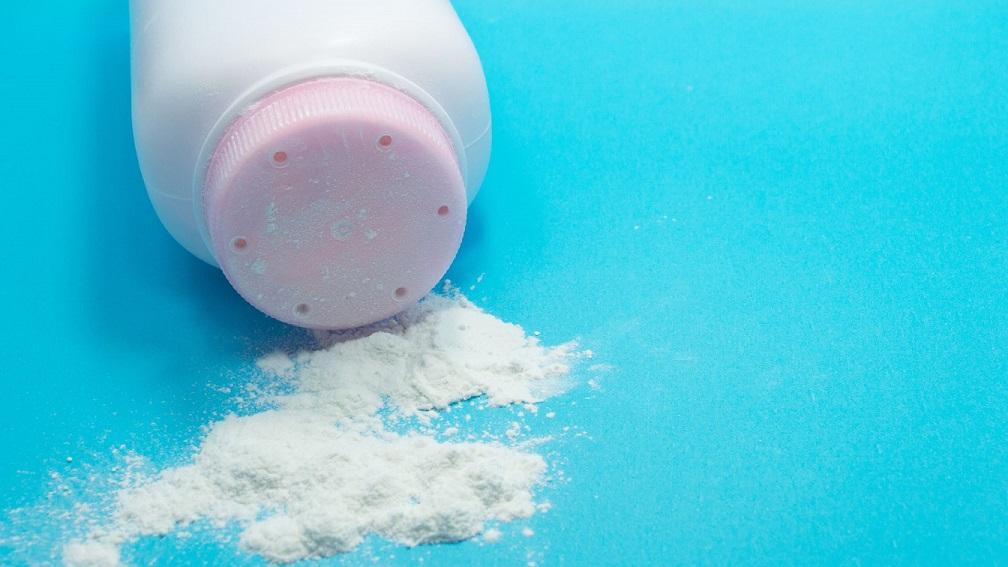KABUL (Pajhwok): Johnson & Johnson (J&J), a leading American multinational firm, will stop making and selling its talc-based baby powder, amid warnings from health experts that most of such products can cause cancers.
The announcement from J&J comes more than two years after the healthcare giant ended its powder sales in the United States.
J&J faces tens of thousands of lawsuits from women, who allege its talcum powder contains asbestos and caused them to develop ovarian cancer.
But the company reiterated its view that decades of independent research showed the product was safe to use.
“As part of a worldwide portfolio assessment, we have made the commercial decision to transition to an all cornstarch-based baby powder portfolio,” the pharmaceutical giant said in a statement.
Health experts: Not only talcum powder, but most baby powders can cause cancer.
Dr. Faridullah Omari, trainer and specialist at Antani Hospital in Kabul, said: “Not only the J&J baby powder but a majority of powders produced for babies can cause cancer. However, no research has been conducted so far on it.”
Earlier, the Center for Disease Control in the United States conducted research that showed the said powder, especially talc powder, can cause respiratory problems and cancer in children and the elderly people.
Dr. Omari added: “Obese women use special powders to lose weight. Unfortunately, the use of these powders can cause ovarian cancer.”
He confirmed a majority of women used these powders to keep their children’s skin fresh and clear. They were urged to avoid using it.
Meanwhile, Dr. Mohammad Basir Khabir, an internal medicine specialist at the Mazar-i-Sharif Hospital, said: “We have not yet seen skin cancer in babies, as talcum powder is mostly used for babies and children under the age of two. But research shows that this powder may cause cancer among children.”
Both doctors urged mothers in Afghanistan to avoid using such powders as much as possible to protect their babies.
Pajhwok tried to take the view of the Ministry of Public Health in this regard, but its spokesman Dr. Sharafat Zaman said: “This issue is not related to our work.”
sa/mud







GET IN TOUCH
NEWSLETTER
SUGGEST A STORY
PAJHWOK MOBILE APP